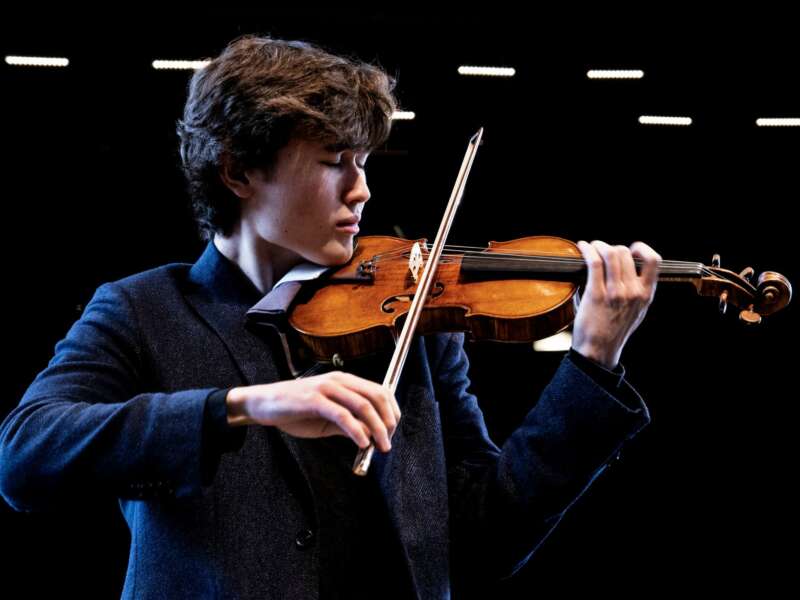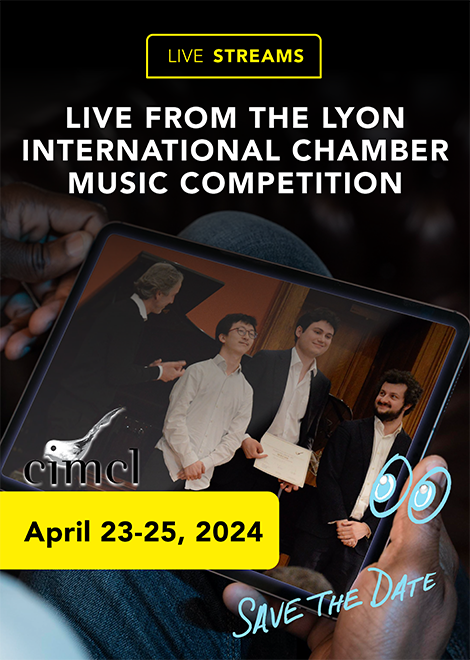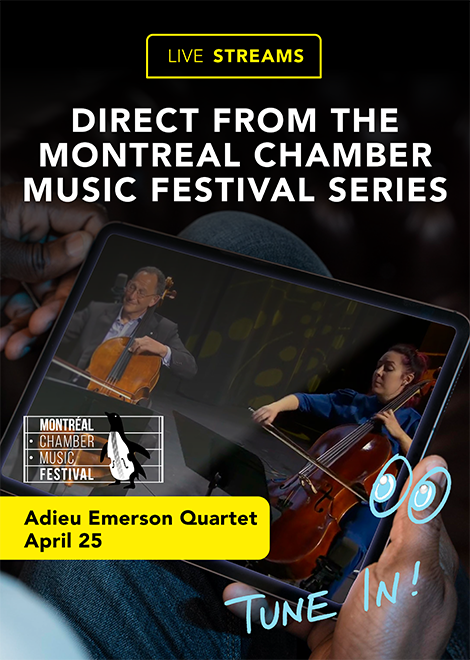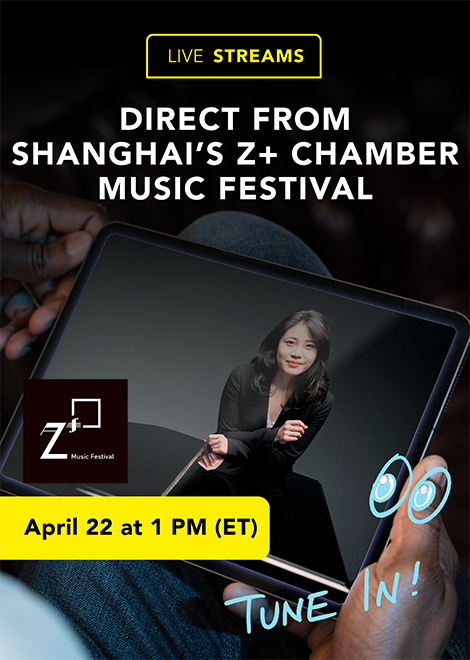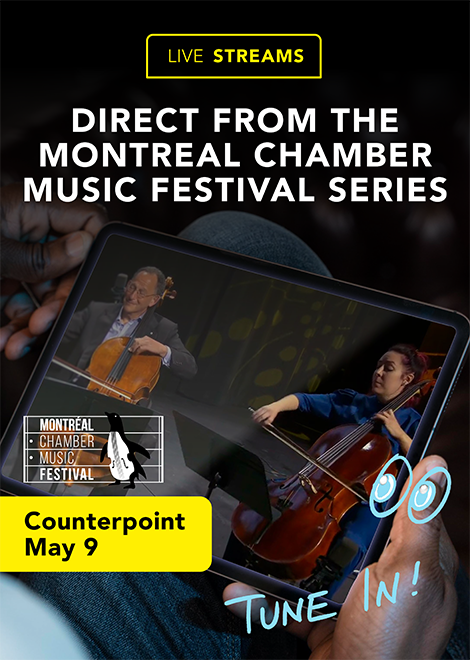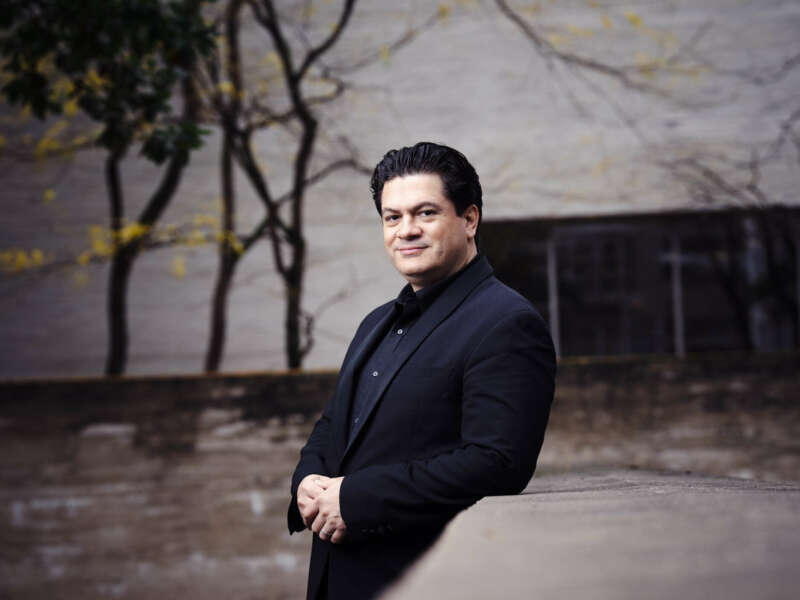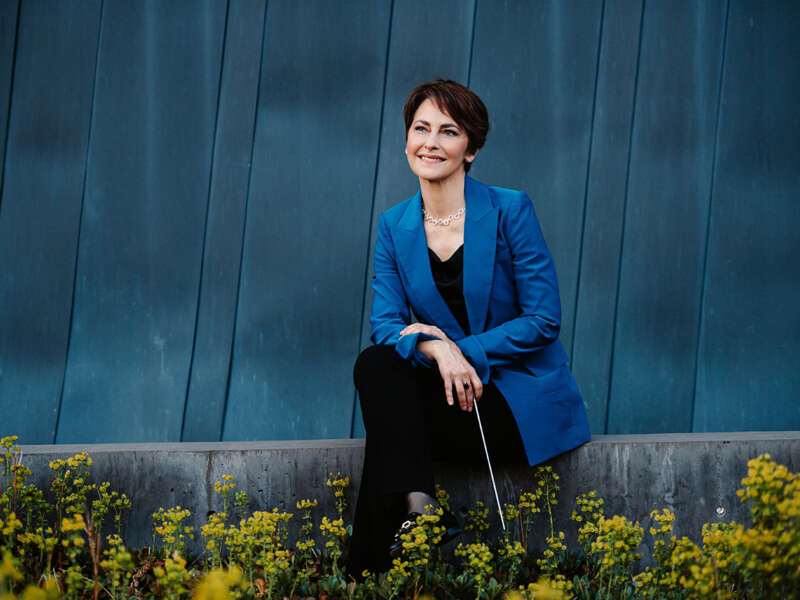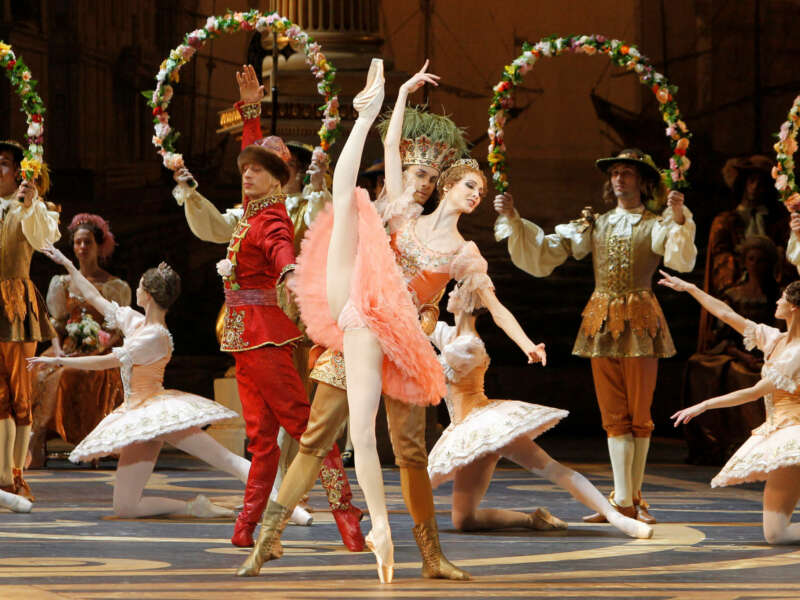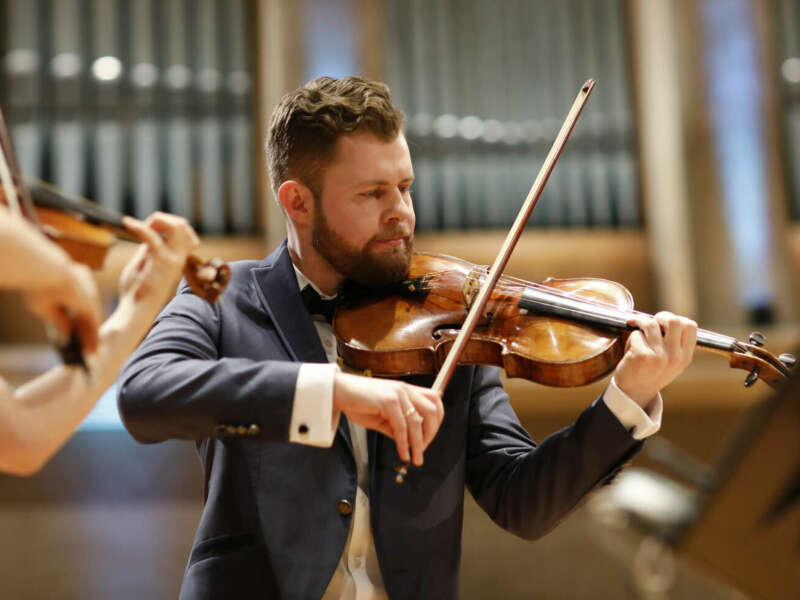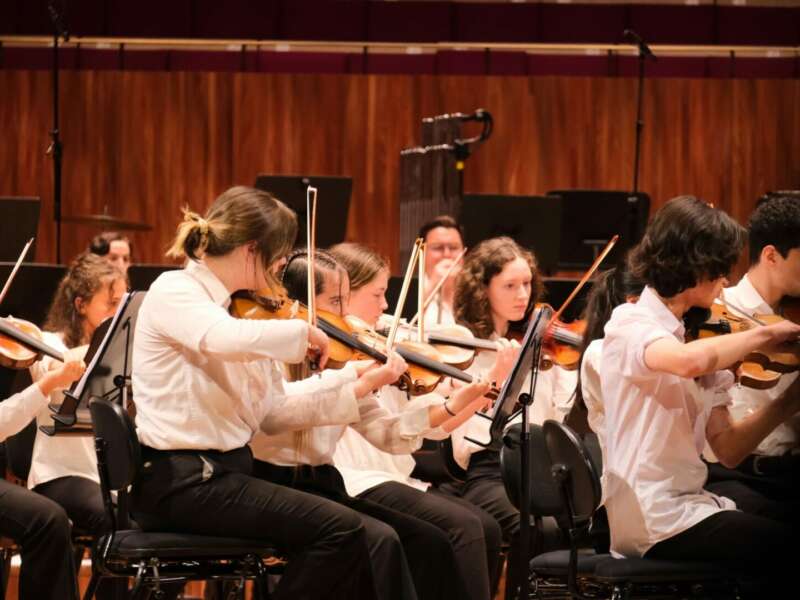Cellist Josephine Knight Gives Advice on Overcoming Performance Anxiety
"What are your best tips for overcoming performance anxiety?" We threw the question over to Royal Academy of Music professor, Ms. Josephine Knight.
Lights, camera, action! As performing artists, sometimes it can be daunting to put ourselves out there and take on the pressures of performance. VC reader Janet was curious about the best way to calm the nerves and fears associated with performing.
How do you cope with stage anxiety? Do you have a particular routine? Please leave a comment below, we are keen to know your thoughts.
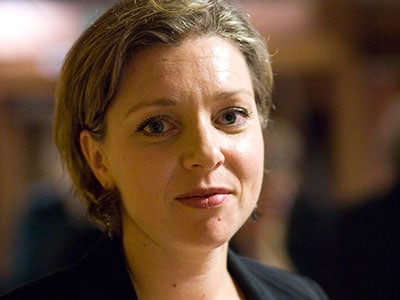
Cellist Josephine Knight shares tips on different ways to overcome performance anxiety
Dear Janet,
Firstly there is a big difference between nerves and anxiety. Nerves are a natural part of a musician`s life. As performers, we care very much and want to do our best, and part of playing well is to be nervous. Anxiety is more complex and tricky. Anxiety equals worry and uncertainty. Take away the uncertainty and there is less place for anxiety.
As a teacher, I do have students who wish to discuss nerves, but interestingly I find that once technical foundations are established and musical knowledge and ideas activated, there is less talk of nerves. Having no 'grey' area of how you achieve your best, but clarity of thought enables you to channel those nerves into positives and ultimately allows yourself to become free and at one with the music. The mind can play tricks on you, fear of perhaps failing and messing up; but it's training the mind to focus.
I often discuss preparation tactics with my students; making sure they have practiced intelligently, implementing formulas and with clear musical intent. Feeling in control, knowing you have prepared well, can only be a positive mantra for a successful concert.
Visualising the moment of walking on stage has also proved very helpful, picturing the venue, or stage of the concert hall will already increase your heart rate and therefore enable the brain to get used to the feeling and take away any shock.
I remember when I gave my BBC Proms concerto debut at the Royal Albert Hall in London which seats around 6,500 people and was going out `Live` on BBC Radio 3. I made time to go and play in the hall early one morning to give myself a taste of what it would feel like to fill such a huge space with sound. How one draws the bow across the string in such a huge hall as this, is completely different from a practice room scenario. Hearing the sound drifting away into this vast area, was invaluable for me before such an important concert. Also, the experience of traveling down through the dark narrow corridor before walking on to this magnificent stage, the history present from years of other musicians, conductors, and orchestras who had walked the same path, who perhaps would have had the same anticipation and nerves, was both humbling and inspiring.
For me, to practice well and prepare myself both mentally and physically enables me to enjoy the important aspects of the performance. When I'm nervous I will go into a zone of thinking about what I want to say musically and try not to get tied up with technical thoughts as this would have been covered in my practice. Even down to what you eat and how much you exercise can make a difference to how you feel. I always have a fixed routine on the day of a performance, musicians love routine and I have the same one (if it would make a difference if I didn't follow the routine who knows!) but my performance day always allows time for sleep, my preferred meal before a concert is a honey sandwich and a banana and lastly I always try to jog on the spot for about 5-6 minutes about half an hour before walking on stage as this will raise your heart rate and improve circulation which helps warm the fingers and increase oxygen to the brain.
Ultimately it's about emotionally feeling something and sharing this with your listeners.
-Josephine
Do you have a burning question for one of the pros? Simply email: [email protected]
Professor Josephine Knight currently serves as the Alfredo Piatti Chair of Cello at the Royal Academy of Music in London. She has performed concertos with leading orchestras in Europe and the U.K. and has appeared as a soloist at the BBC Proms. She has recorded CDs for Deutsche Grammophon, EMI, and Chandos. Josephine studied at Yale University and the prestigious Juilliard School in the USA, studying with Aldo Parisot, and at the Royal Academy of Music with David Strange. Following her studies in the USA, Josephine won a place to study with Mischa Maisky at the Accademia Musicale Chigiana, Siena, Italy, as one of only nine international cellists to be selected. Josephine plays on a 1728 Johannes Guidantus, purchased from Florian Leonhard.
april 2024
may 2024


